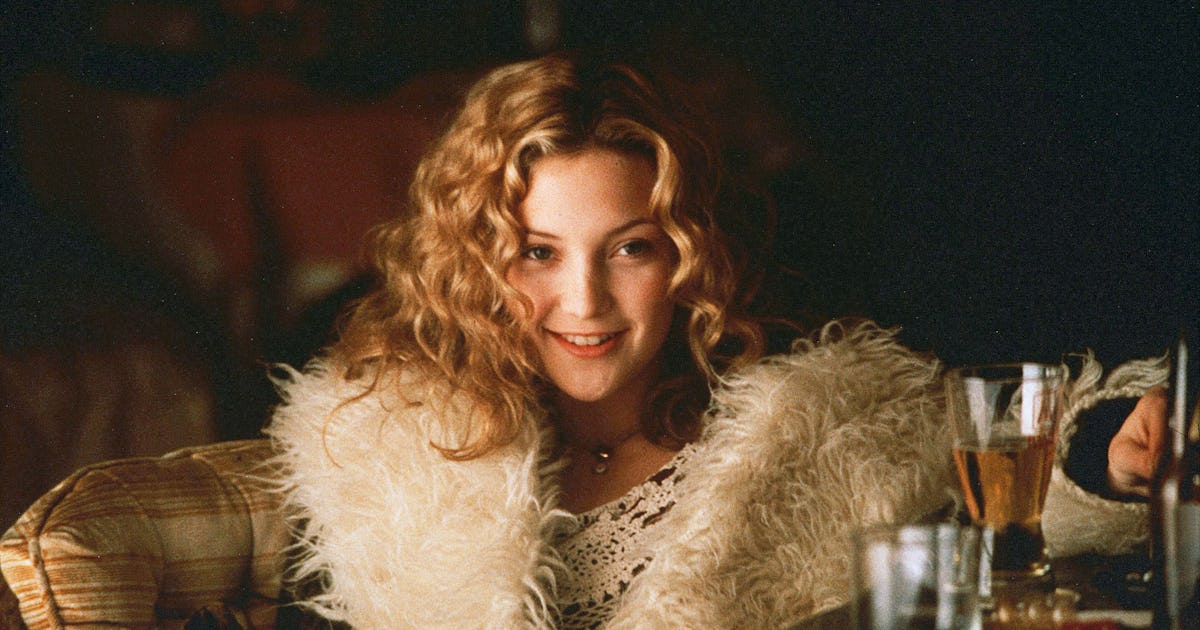
In the waterfront offices of Uefa’s House of European Football headquarters in Nyon, the legal team are preparing for an unwanted trip around Lake Geneva to Lausanne. Over the course of many internal meetings since Crystal Palace inadvertently provided Uefa with the toughest test yet of its multi-club ownership (MCO) rules by winning the FA Cup, it has become increasingly clear the ultimate arbiter on the issue is likely to be the court of arbitration for sport (Cas).
“We’re going to find out if our MCO rules stand up to scrutiny as, one way or another, it looks like we’re going to Cas,” says one source at Uefa, resigned to the issue of whether Palace can compete in next season’s Europa League being placed in the hands of that Lausanne court.
Advertisement
Uefa has been liaising closely with Palace, with sources claiming the issue of John Textor’s dual shareholding in the club and Lyon – who qualified for the Europa League by finishing sixth in Ligue 1 – was flagged by the governing body long before the 1 March deadline for resolving MCO issues. The American is in advanced discussions over selling his 44.9% stake in Palace to the New York Jets owner, Woody Johnson, which may help the club’s cause, although there is no prospect of the deal being completed before Uefa has to make a decision.
The case is emblematic of the confusion surrounding club ownership and the regulatory issues facing the sport, and Uefa has delayed a ruling until the related case of Lyon’s financial problems has been resolved. The DNCG – French football’s financial watchdog – is auditing Lyon’s accounts after imposing a provisional relegation to Ligue 2 last year owing to the club’s debt levels, with a final outcome expected next week. Relegation and a ban from European competition for Lyon would make Uefa’s life a lot easier, although both seem unlikely.
“It’s a perfect storm,” says a sympathetic figure at another club. “Everything that could go wrong from Uefa’s point of view has done. We have three clubs involved [Palace, Lyon and Brøndby, who are owned by the Palace shareholder David Blitzer], and two multi-club groups. There’s a complex ownership group at Palace who don’t appear to communicate very well, and a surprise FA Cup winner. Not to mention Lyon’s financial issues. You couldn’t make it up really.”
Palace sources acknowledge they are working with Uefa amid belief on both sides that an accommodation is wanted, but two factors beyond either party’s control could count against them.
Advertisement
First, Cas last month upheld Fifa’s decision to expel the Mexican club León from the Club World Cup because they are part of the same ownership group as another qualifier, Pachuca. The owner, Grupo Pachuca, had attempted to park its León shareholding in a separate trust but this move did not satisfy Fifa or Cas.
In another complication Nottingham Forest, who will be moved from the Conference League to the Europa League if Palace are kicked out, may go to Cas if denied that promotion. A source close to Forest’s owner, Evangelos Marinakis, told the Guardian the Greek billionaire was opposed to many of the moves to regulate football and was prepared to take on Uefa. There are clear financial incentives to do so. Whereas Chelsea earned £21m in prize money from winning the Conference League in the past season, Tottenham’s Europa League triumph could be worth well over £100m because it also delivered a Champions League place.
Palace are worried the León ruling has set a precedent that could work against them. At Uefa there is a feeling that it would rather face Forest at Cas than have its multi-club framework tested in court by Palace.
One figure at a European team with direct experience of multi-club contortions believes Uefa will give Palace every opportunity to pass muster, concurring that the governing body’s regulations could be brought tumbling down in the event Textor and company mounted a challenge. An examination brought about by Forest would, they suggested, give the existing rules a far better chance of holding firm.
Advertisement
Confirmation by Cas this week of the League of Ireland side Drogheda’s expulsion from the Conference League owing to a multi-club breach has heightened concerns in Nyon, but the cases are different. Drogheda had qualified by winning the Irish Cup last November yet their owner, Trivela Group, failed to meet Uefa’s March deadline, and unlike Textor the American investors are majority owners of two clubs: Drogheda and Denmark’s Silkeborg.
Uefa had caused disquiet in some quarters by shifting that deadline forward from last year’s June date. Some figures involved in club acquisition have expressed surprise that Drogheda were not able to win their case at Cas.
“Uefa are trying to be flexible, but the Fifa v Club León case is making it harder for them,” a source said. “Cas upheld Fifa’s rules, which are very similar to Uefa’s, so the precedent is there. The Cas ruling was based on the nature of the blind trust and the importance of the regulatory process – ie dates and deadlines. To put it simply Palace haven’t complied, but Uefa want to make it work.”
There is some acknowledgment at Uefa that elements of its MCO rules are not fit for purpose, although it would prefer to redraft them in Nyon than put them at the mercy of the court. There is nothing in Article 5 of Uefa’s rules detailing whether Palace or Brøndby should be given precedence if both end up in next season’s Conference League, for example. In ordinary circumstances it would be Brøndby by virtue of their higher league position, as stated in the rules, but Palace could also have a claim if parachuted in from the more prestigious Europa League.
Advertisement
Uefa’s MCO rules have been in place without many revisions for 24 years, although one significant change was made 12 months ago when the regulations were relaxed to permit a club part of a multi-ownership group to compete in a different competition.
Article 5 was drafted in 2001 after a legal challenge from Tottenham’s owner, Enic, the first multi-club operation in the Premier League, after AEK Athens were blocked from taking part in the 1998-99 Uefa Cup because their sister club Slavia Prague had also qualified. The initial rule stated that “control or influence” over more than one club was not allowed, but it was not tested until 2017 when RB Leipzig and Red Bull Salzburg qualified for the Champions League, which led to the wording being altered to “decisive influence”.
What had been a rare occurrence is now an annual problem for Uefa, with Aston Villa, Brighton and Toulouse allowed to play in Europe during the 2023-24 season only when their owners put more distance between them and Vitória de Guimarães, Union Saint-Gilloise and Milan respectively. The same issue affected Manchester City and Girona as well as Manchester United and Nice a year later.
The fact that neither Girona nor Manchester United joined their partner clubs in qualifying for next season’s European competitions may have kicked a further conundrum down the road. Their respective ownership groups were allowed what was, in theory, a short-term exemption last season by placing one of their clubs’ shares in a blind trust until 1 July this year. One club owner wonders how Uefa would have responded if those sides had reached the same tournament for a second consecutive year. It is unclear whether they would have been allowed to roll over into a further 12 months of blind trust holding.
Advertisement
Multi-club ownership is growing constantly; figures shared with the Guardian by the MCO Insights consultancy suggest more than 800 top- and second-tier clubs could be involved by 2030. That would roughly double the current number. By that point it would surely be uncontrollable by current rules. Simon Leaf, head of sport at the law firm Mishcon de Reya, believes Uefa and other governing bodies need clearer regulations to avoid being repeatedly taken to court.
“We are seeing an increasing number of clubs looking to use various legal avenues – in particular, competition law – to try to challenge regulations that they dislike,” Leaf says. “This trend is likely to continue, making it much harder for leagues and governing bodies to regulate their competitions.
“On the Palace matter it is hard to have too much sympathy with Uefa given they already showed themselves to be willing to bend their own rules on MCOs last summer – and despite their efforts to strengthen the regulations since then, the bar has now been set.
“Either way, MCOs are not going away, and so football’s governing bodies need to find a way to properly deal with these issues so that they are dealt with in the boardroom rather than the courtroom.”
#perfect #storm #multiclub #ownership #Crystal #Palace #looming #court #threat






